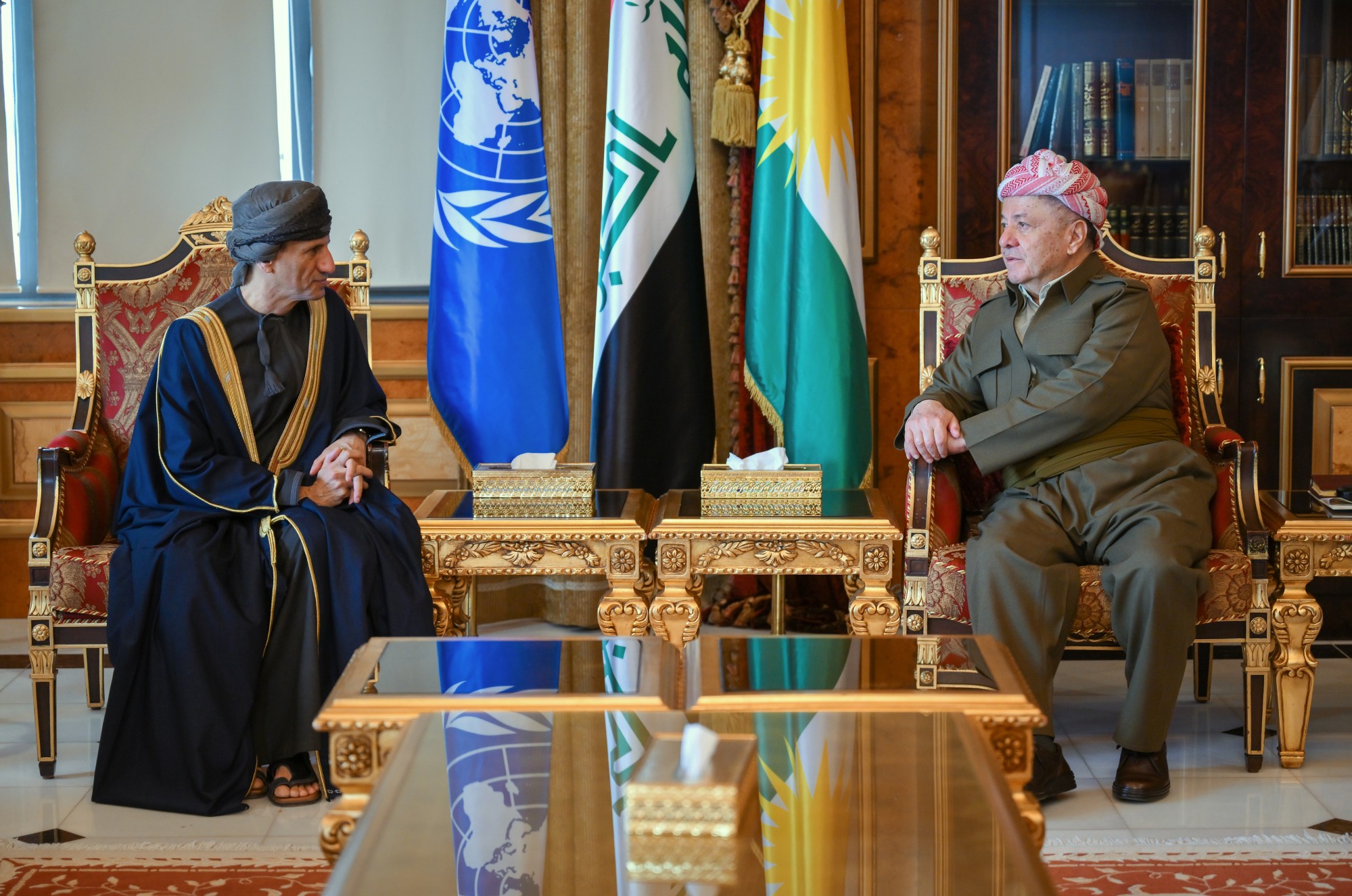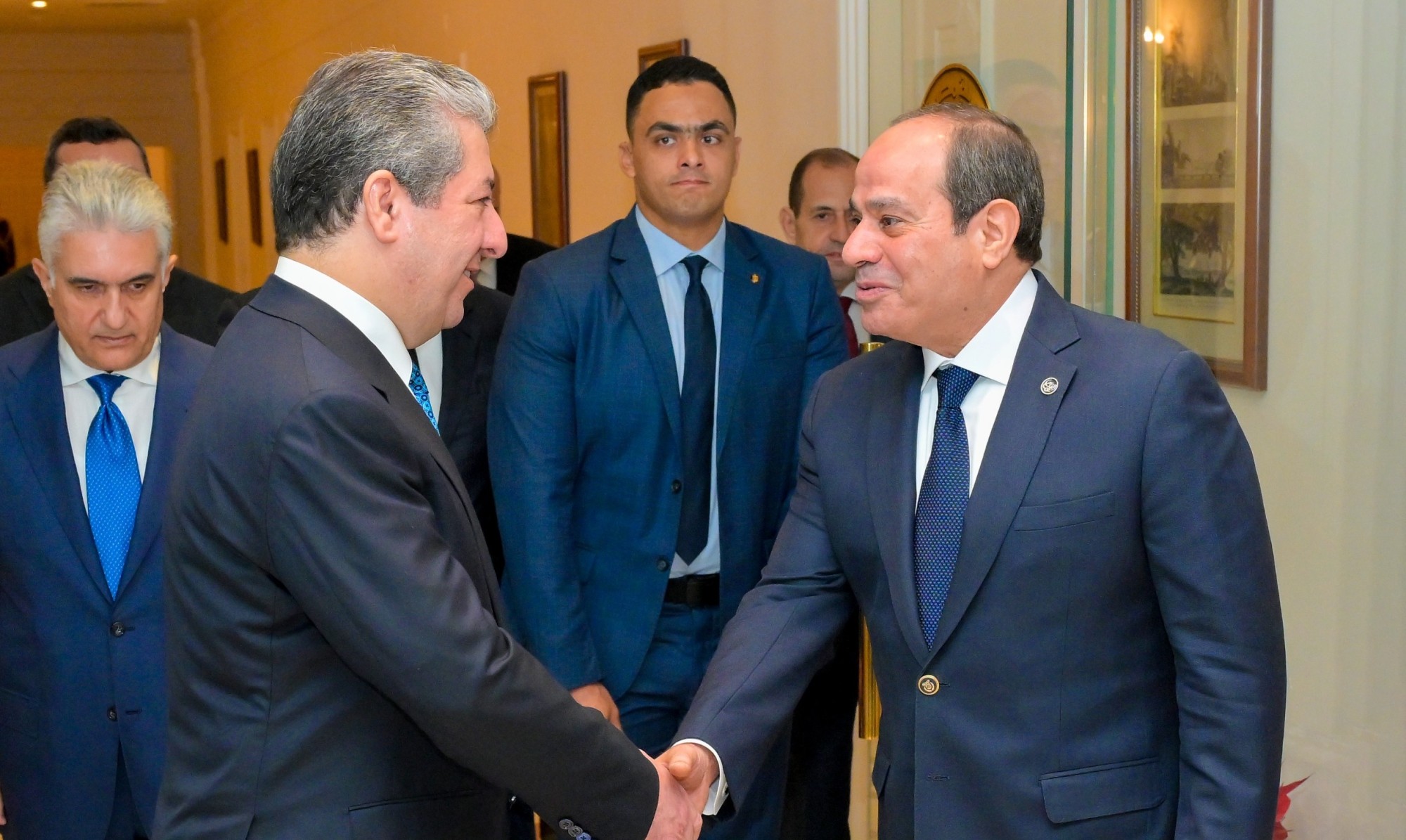The Kurdistan Regional Government’s Iraqi Kurdistan Mine Action Agency (IKMAA) continues the destruction of hundreds of mines, explosives, and unexploded ordnance on a daily basis across the Kurdistan Region, IKMAA announced on August 29.
IKMAA Director Jabbar Mustafa Rasul emphasized that the demining team and explosive ordnance disposal (EOD) teams work regularly to defuse and destroy mines, explosives, and war remnants to reduce and eliminate threats to civilians.
The demining teams are working to clear contaminated minefields, while the EOD teams try to locate and manage mines, explosives, and war remnants, and transport them to secure warehouses where they are safely destroyed.
For instance, after receiving a public tip, EOD teams in Erbil discovered several explosive remnants near Shawrawi River in Soran District. The four explosive remnants were neutralized and transported to the IKMAA warehouse in Erbil.
Additionally, more than 67 mines and nine explosive remnants were destroyed in minefields near Maren in Haji Omaran District and Garwi Koopa in Rawanduz District.
In the Duhok Governorate, IKMAA teams defused five landmines and several war remnants that posed a threat to the public in Zakho District.
In the Garmian Autonomous Administration near the Iranian border, IKMAA teams safely destroyed an unexploded 150 mm caliber artillery bomb and several VS 50 and Valmara mines near Poqa Village in Pebaz District.
Residents in the area were advised to stay away from the explosives until all mines were cleared by IKMAA.
Read More: UNMAS Iraq Not Implementing Mine Clearance Activities in Kurdistan
According to data from Iraq’s National Mine Action Authority, more than 2,700 square kilometers in Iraq, including the Kurdistan Region, are contaminated with landmines, explosives, and other types of explosive remnants of war.
Iraq, including the Kurdistan Region, has been littered with mines and improvised explosive devices since the Iran-Iraq War in the 1980s, with the number of such explosives growing during the Gulf War in 1991, the U.S. liberation of Iraq in 2003, and the rise of ISIS, which left explosives in many civilian homes.
IKMAA is tasked with planning, directing, implementing, and overseeing the mine action process to eliminate the dangers of landmines and explosive remnants of war across the Kurdistan Region, specifically in the governorates of Erbil, Duhok, Sulaymaniyah, and the Garmian district.
It was established in 2017 under Law No. 10, passed by the Kurdistan Region Parliament.

